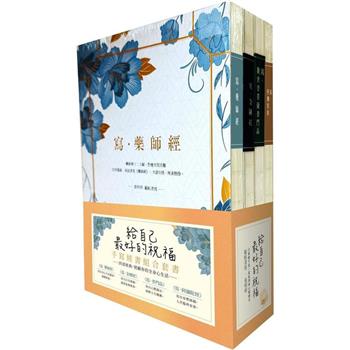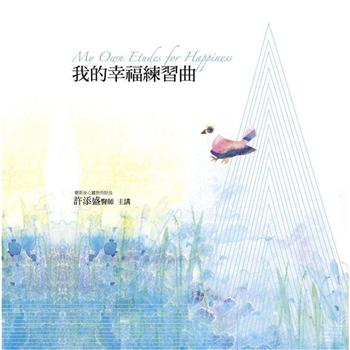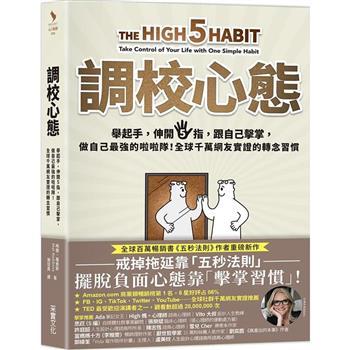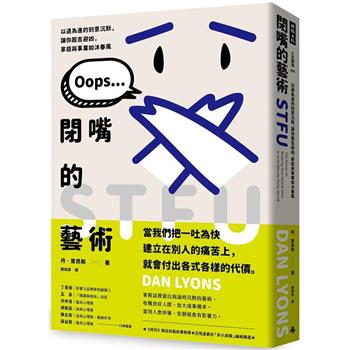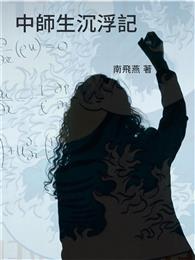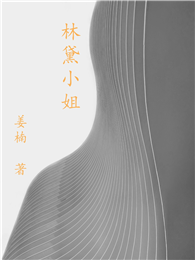Stellina Jolly is Associate Professor at the Faculty of Legal Studies, South Asian University (SAU). She is a Visiting Senior Research Associate with the Centre for Emerging Countries in private international law at the University of Johannesburg. Dr. Jolly is a Fulbright Scholar with the University of San Francisco and a recipient of the International Visitors Leadership Program (IVLP). She researches international environmental law and conflict of laws. In environmental law, her research papers have explored the north-south dimensions of environmental justice. She has published in several leading international journals like Transnational Environmental Law, Washington Journal of Environmental Law and Policy, Texas Environmental Law Journal, and Chinese Journal of Environmental Law, to name a few. She also has to her credit, a book on Indian private international law. She has co-edited a volume published (2017) by Springer on private international law of South Asian jurisdictions. Her book, ’Climate Refugees in South Asia’, also published by Springer (2019), explores the legal and policy framework of climate refugees in South Asia. She has also elaborately written on environmental justice and governance concerns and intersectionalities of climate change, water, gender, disaster management, and sustainable development goals focusing on South Asian jurisdictions. Her recent research also focuses on emerging global trend of the rights of nature. In her research, she advocates an approach based on just sustainability, hybrid law mechanism, and environmental justice to tide over the ecological crisis. She is a member of the IUCN World Commission on Environmental Law and part of the Network of Environmental Law Champions, Asian Development Bank. She has undertaken projects and consultancies with various organizations, including the Rajiv Gandhi Foundation, European Union, International Renewable Energy Agency(IRENA), and Asia Europe Foundation. She was awarded an educational grant on Civil Society Law from International Centre for Not-for-Profit Law (ICNL) and USAID.
Nafees Ahmad is Associate Professor at the Faculty of Legal Studies, South Asian University (SAU), New Delhi. He holds a doctorate in international refugee law and human rights. His scholarship focuses on RAMS (refugees, asylum-seekers, migrants, stateless) and the role of artificial intelligence (AI) in their protection, global forced displacement, global circumstantial migration (GCM) governance, and climate refugees in South Asia. He also addresses the international politics of asylum, refugee policy paradigms, invisible frames of asylum, disconnects of durable solutions, and SAARC connects and contexts of refugee protection. He conceived and introduced a new SAARC-specific Program in 2011 called Comparative Constitutional Law of SAARC Nations (CCLSAARCN) at the LLM level. He publishes inter-alia in the International Handbook on Disaster Research (Springer 2023), The Asian Yearbook of Human Rights and Humanitarian Law (2023), Groningen Journal of International Law (The Netherlands), Harvard International Law Journal (Harvard), Asia-Pacific Journal of Human Rights and Law, International Journal of Environment and Waste Management, International Journal on Minority and Group Rights, Kings’ Student Law Review (KCL-London), ISIL Year Book on International Humanitarian Law and Refugee Law, ELCOP Year Book of Human Rights and NUJS International Journal of Legal Studies and Research (IJLSR) etc. Dr. Ahmad has co-authored a book on ’Climate Refugees in South Asia’ (Springer 2019). He is a member of Editorial Advisory Board of Iranian Journal of International and Comparative Law. Dr. Ahmad has been a Resource Person and External Reviewer for the Ministry of Law; Government ofIndia-sponsored Research Project on "Judicial Reforms since June 2016" at the Indian Institute of Management (IIM-Kashipur) and accomplished an ICSSR Project on "The Muncipal Solid Waste Management in Delhi: A Socio-Legal Study of Okhla Lanfill." Further, he has been a visiting professor at the Indian Society of International Law (ISIL), Jamia Milia Islamia-New Delhi, and Judicial Academies of various states of India.
Mathew Scott co-leads the Human Rights and the Environment thematic area at the Raoul Wallenberg Institute of Human Rights and Humanitarian Law in Lund, Sweden. His scholarship integrates social science perspectives with international legal standards to promote context-sensitive, human rights-based law, policy, and practice relating to disaster risk reduction and climate change adaptation. Dr. Scotts’ primary area of expertise concerns migration and displacement in the context of disasters and climate change, on which he published a monograph entitled ’Climate Change, Disasters and the Refugee Convention’ (2020), an edited volume entitled ’Climate Change, Disasters and Internal Displacement in Asia and the Pacific: A Human Rights-Based Approach’ (2021), and a range of book chapters and academic articles in, amongst others, the International Journal of Refugee Law, the Nordic Journal of International Law and the Yearbook of International Disaster Law. The edited volume was a major output of a regional thematic study he coordinated as part of RWI’s Asia-Pacific programme on human rights and sustainable development. Dr. Scott works on the role of local authorities in addressing climate- and disaster-related migration and displacement and how human rights law can contribute to building resilience to pandemic risk. He holds a PhD in Public International Law from Lund University (2018) and an MA in Social Anthropology of Development from SOAS (1998). He practiced immigration and asylum law before entering academia. He is a member of the advisory committee of the Platform on Disaster Displacement, a member of the editorial board of the Yearbook of International Disaster Law, and a founding member of the Nordic Network on Climate-Related Displacement and Mobility. At Lund University, he convenes the LLM course on human rights law, the environment, and climate change and lectures on international refugee and human rights law at the Faculty of Law. He also lectures on the M.Sc. programme in Disaster Risk Reduction and Climate Change Adaptation at the Department of Risk Management and Societal Safety. He is also actively engaged in international collaboration initiatives and currently contributing technical expertise on human rights-based approaches to disaster risk reduction across eight countries in Asia in collaboration with the Asia Disaster Preparedness Center, Stockholm Environment Institute, and the Swedish Civil Contingencies Agency.

